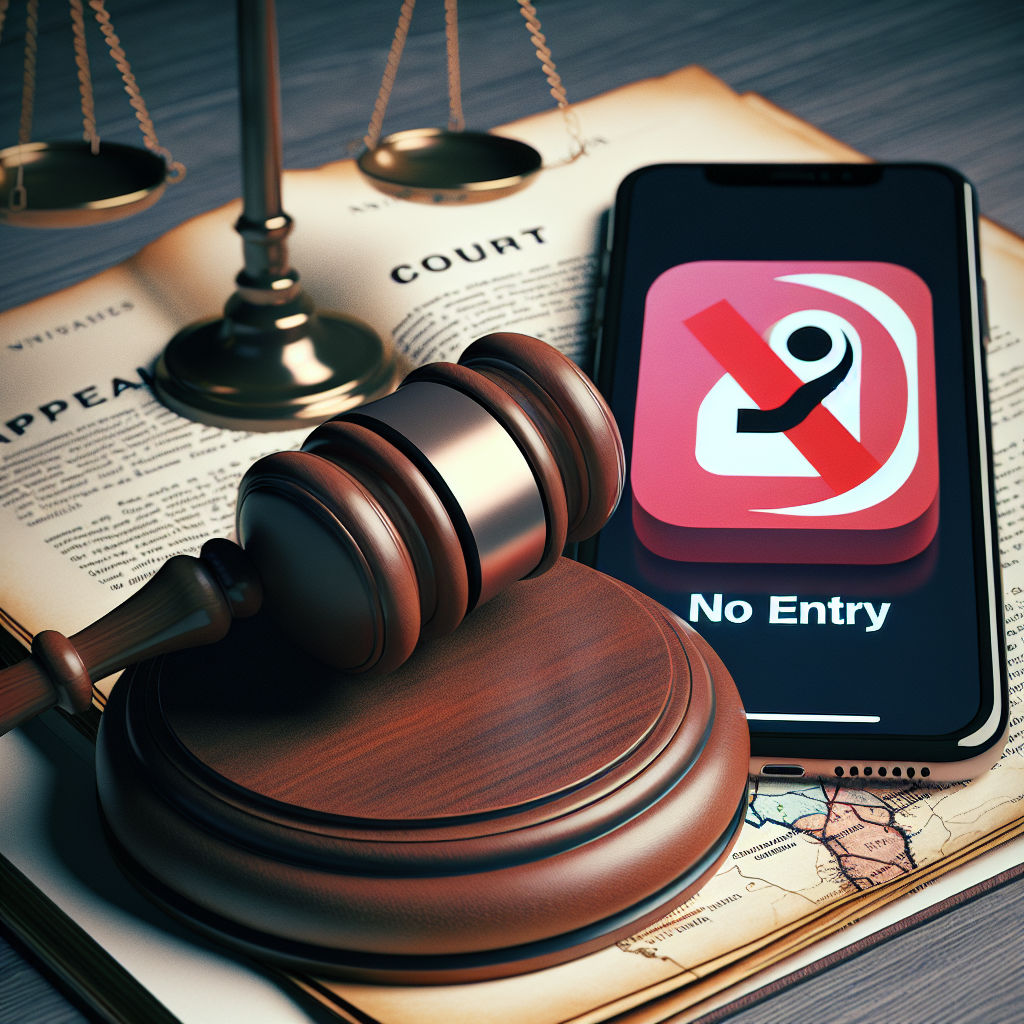Appeals Court Rejects TikTok’s Request to Review U.S. Ban
Appeals Court Rejects TikTok’s Request to Review U.S. Ban
In a significant legal development, the U.S. Appeals Court has rejected TikTok’s request to review the U.S. government’s decision to ban the popular social media app. This decision marks a pivotal moment in the ongoing saga between TikTok and the U.S. government, which has raised questions about national security, data privacy, and international business relations.
Background of the TikTok Ban
The controversy surrounding TikTok began in 2020 when the Trump administration expressed concerns over the app’s data privacy practices. The administration argued that TikTok, owned by the Chinese company ByteDance, posed a national security threat due to its potential to share user data with the Chinese government. In response, an executive order was issued to ban the app unless it was sold to a U.S.-based company.
Despite negotiations and proposed deals with companies like Oracle and Walmart, the ban was never fully implemented. However, the Biden administration has continued to scrutinize TikTok, leading to ongoing legal battles.
The Legal Battle
TikTok has consistently denied allegations of data misuse and has taken legal action to challenge the U.S. government’s ban. The company argues that the ban is unconstitutional and lacks sufficient evidence to justify such drastic measures. TikTok’s legal team has emphasized the app’s commitment to data privacy and transparency, highlighting its efforts to store U.S. user data on American soil.
In its latest attempt to overturn the ban, TikTok filed a request for the U.S. Appeals Court to review the case. However, the court’s decision to reject this request has left TikTok with limited options moving forward.
Implications of the Court’s Decision
The Appeals Court’s decision has several implications for TikTok and the broader tech industry:
- Increased Scrutiny: The ruling underscores the U.S. government’s ongoing scrutiny of foreign-owned tech companies, particularly those with ties to China.
- Data Privacy Concerns: The case highlights the growing importance of data privacy and security in the digital age, prompting companies to reassess their data handling practices.
- International Relations: The decision may strain U.S.-China relations, as it reflects broader geopolitical tensions between the two nations.
Case Studies and Statistics
Several case studies and statistics provide context for the TikTok ban:
- Huawei Ban: Similar concerns over national security led to the U.S. banning Huawei, another Chinese tech giant, from its telecommunications infrastructure.
- Data Breaches: According to a 2021 report by IBM, the average cost of a data breach in the U.S. was $4.24 million, highlighting the financial risks associated with data privacy issues.
- User Base: TikTok boasts over 100 million active users in the U.S., making it one of the most popular social media platforms in the country.
Conclusion
The U.S. Appeals Court’s decision to reject TikTok’s request for a review of the ban is a critical juncture in the ongoing legal battle between the app and the U.S. government. This ruling not only impacts TikTok’s operations but also sets a precedent for how foreign-owned tech companies are treated in the U.S. As data privacy and national security concerns continue to dominate the tech landscape, companies must navigate these challenges carefully to maintain their market presence and user trust.
Ultimately, the TikTok case serves as a reminder of the complex interplay between technology, law, and international relations in today’s interconnected world.



